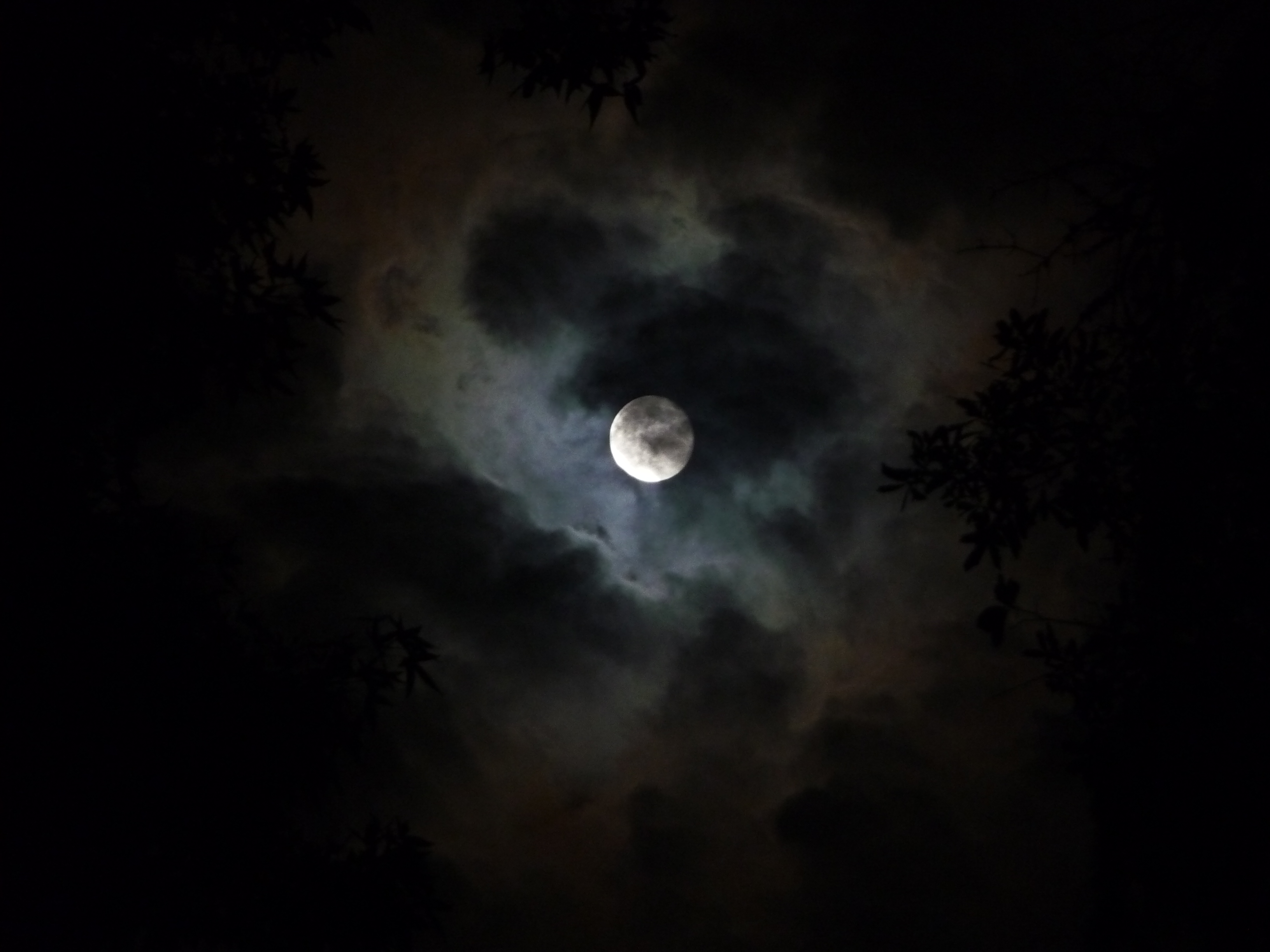The lazier, more slothful and unproductive people are at work, the less money they'll tend to have, the less they'll be able to consume and indulge in their spare time.
The less they splurge and consume, the less resources will have to be extracted from the earth, saving the environment in the process.
Myself I think everyone that can should pay their way, but other than that, why pressure ourselves or others to achieve more, or be more productive than they feel like being?
Is their some deficiency of productivity I'm not aware of?
Are machines not amplifying productivity a hundred fold?
The world is awash with mechanical and organic capital, saturated.
Is there a lack of creativity or goods and services?
Is the earth and its bounty inexhaustible?
Are workaholics really so virtuous?
Is their intent to benefit society, or are they merely more avaricious than the rest of us?
I think in many-most cases it's more-mostly a case of the latter, not the former.
People are having less kids, and I think that's a good thing, people should only have one or two kids these days max, after all the less rare humans are, the bigger the supply of humans is, the more the demand for them goes down, as it should, rightfully so.
The last thing we need is more mouths to feed, more crowds, pollution and noise.
Speaking of which we need to cut down on immigrants, way too bloody man of them.
The problem is people are still working too hard.
How hard do you have to work if you only have your self to support or one kid?
Why do you need a house?
Why not just wait for your parents to die so you can move into theirs, or live in their basement, or just rent or buy a one or two bedroom?
What do you need a big, stupid house for, when you'd rather be online than cutting the grass anyway, cleaning or decorating rooms and things you rarely if ever use?
The things and stuff online are free, you don't have to work for them, it's a virtual Garden of Eden.
If I want to hear a piece of music, or watch a video, or play a game, I simply pluck it from the tree.
It's fun to recycle and throw things away.
I'm always thinking of reasons I don't need things that I have, or reasons I don't need to buy things.
Things take up so much space, and you can usually get by just fine without them.
Before the end of the year I'm going to look through all the things I have, which probably isn't much lot by most peoples standards, and figure out which ones I'm going to toss in the bin.
I can't wait, it's going to be so much fun!
Don't even donate them, return the materials to nature where they belong.
There are too many people with too much things.
Population should be 90-99% of what it is.
You see this guy right here:

Or this guy here:

It's because of guys like this, the secular Bernarde Mandevilles on the one hand, and the religious John Calvins on the other, the world is so topsy-turvy.
The scourge of consumerism began primarily in the northwestern nations of Europe in the renaissance and 'enlightenment', but it did not end there, we took our dark values with us wherever we went, and they have since encompassed the whole globe, and perhaps they served us Europeans for a time, but they've long outlived their usefulness, their sustainability.
I think it's time some of us toss these values in the scrapheap, and search for new ones.



